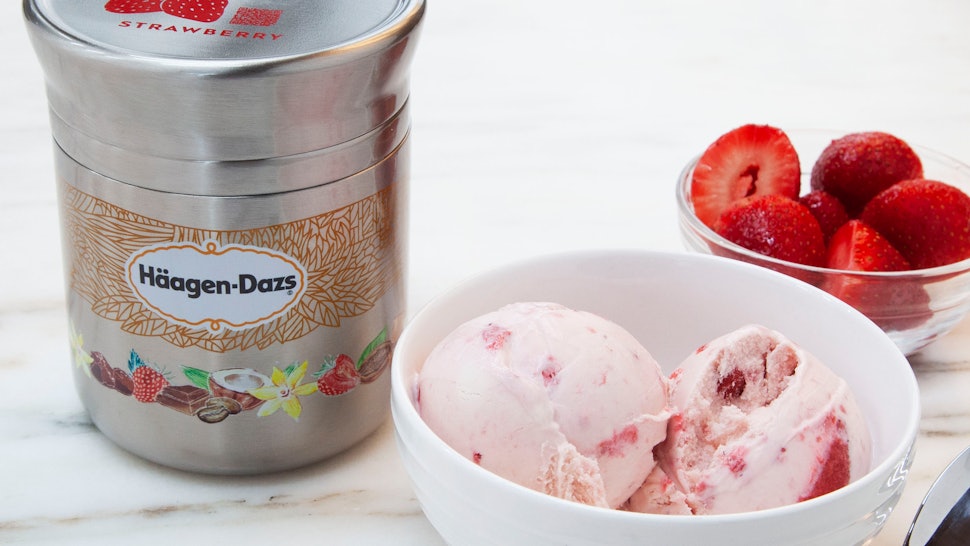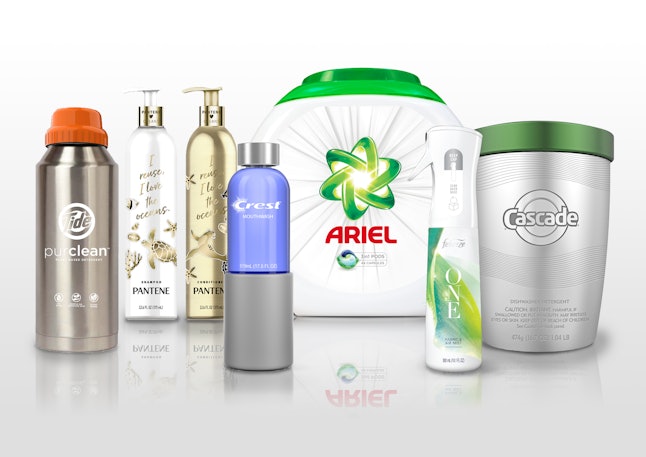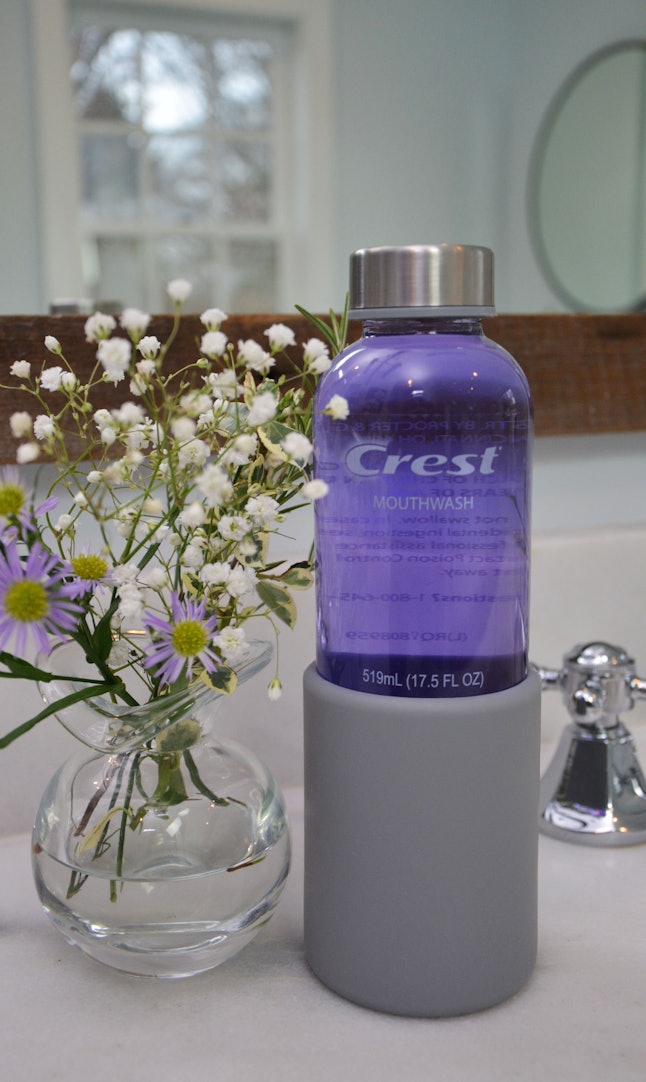green corner: The urgent call for change to prevent a plastic earth
Imagine going on vacation and walking on a beautiful, warm Caribbean beach. All seems serene and calm, until a huge patch of plastic waste is found, only for an endless amount of plastic water bottles, plastic bags, straws and other plastic waste to be found as further investigation is taken.
Unfortunately, this tragic occurrence is a reality that has become increasingly common along the shores of the Caribbean islands. As stated by the British Broadcasting Company, the United Kingdom alone uses approximately 13 billion plastic water bottles each year, of which only over 3 billion are recycled. That leaves a whopping 10 billion plastic water bottles placed either directly into landfills or discarded as litter which affects local habitats.
According to Marine Insight, people around the world throw away a total of 4 million tons of trash a day, of which 12.8 percent is plastic. This number adds up to approximately 186 million tons of plastic simply thrown away each year — a staggering amount of plastic that ends up in landfills and damages entire ecosystems.
Unfortunately, the damage of plastic not only affects the Caribbean, but also our local beaches and other natural environments. Plastic water bottles, bags and straws are just a fraction of the waste that washes up on our shores.
When asked how plastic affects local ecosystems around Rider, Jordan Dreyer, a sophomore film, TV and radio major said, “Although it may not be thought of by everyone, the plastic that is thrown away ends up somewhere on earth. The pollution that plastic creates ends up destroying the habitats of the plants and animals around us, all of which are important in keeping the balance of the ecosystem.”
While it does seem rather grim sometimes with the rapid increase of plastic waste around the world, there are a plethora of organizations that have been created to not only help recycle more plastic, but to make people more aware of the harmful effects of plastic. One of these organizations is RecycleMania, an eight-week competition with colleges from around the country who compete to see which institutions can to recycle the most. Rider’s very own office of sustainability is doing its part in this competition.
When asked how people could become more conscientious with their plastic use, Brennan Zelenski, a junior accounting major, said, “People should be sure to recycle not only their plastic water bottles, but their everyday items such as body wash and shampoo containers. If everyone were to encourage recycling,
plastic pollution would not be as much of a problem as it is today.”
Thankfully, Rider’s Office of Sustainability also works with local recycling company Terracycle. The Terracycle Beauty Brigade was implemented to take students’ empty beauty and shower products so they could be recycled and transformed into entirely new products, creating zero waste in the process.
While plastic pollution is a problem that affects all of the earth, there are so many organizations doing their parts to reduce plastic waste. All it takes is a bit of effort and care from everyone to preserve this beautiful planet that we call home and save it for many generations to come.

 Visitors to Middleburg might notice streets that aren’t as littered with cigarette butts as there were in previous years.
Since last year, the town has encouraged smokers to dispose of their cigarette butts in special receptacles that it installed on the sides of trashcans along Washington, Federal and Marshall streets. The town’s maintenance department collects the butts and hands them over to the Go Green Committee to be shipped to TerraCycle, an international waste management company that has recycled nearly 58 tons of cigarette waste since 2012.
Councilman Peter Leonard-Morgan, the committee’s Town Council liaison, said the initiative to clean the town’s streets of cigarette butts kicked off in spring 2017, after volunteers for the town’s bi-annual cleanup event reported finding hundreds of them in the roads, sidewalks, parking lots, bushes and storm drains.
“By the time I was done picking all those up, I was kind of thoroughly grossed out,” said Lynne Kaye, the town’s sustainability consultant and a Go Green Committee volunteer.
Kaye said that after that experience, she went online to find out more about the hazards of littered cigarette butts and came across TerraCycle’s recycling program. Following a trip to Niagara-on-the-Lake, Canada, where she noticed cigarette-recycling receptacles attached to trashcans, Kaye proposed a town partnership with TerraCycle—something George Mason University and Northern Virginia Community College are also doing.
Last spring, the Town Council approved that partnership and the $2,135 purchase of 13tube-shaped receptacles, which measure a little more than a foot in height, attach to the sides of trashcans across town and were halfway funded by a Virginia Department of Environmental Quality Litter Prevention and Recycling Grant.
Almost a year later, Middleburg’s cigarette butt recycling program is a well-oiled process that’s working to rid the town of potentially toxic cigarette filters, which are made of a non-biodegradable plastic that can contaminate the water system when washed into storm drains. According to the Clean Virginia Waterways nonprofit, one cigarette butt is enough to contaminate two gallons of water.
Visitors to Middleburg might notice streets that aren’t as littered with cigarette butts as there were in previous years.
Since last year, the town has encouraged smokers to dispose of their cigarette butts in special receptacles that it installed on the sides of trashcans along Washington, Federal and Marshall streets. The town’s maintenance department collects the butts and hands them over to the Go Green Committee to be shipped to TerraCycle, an international waste management company that has recycled nearly 58 tons of cigarette waste since 2012.
Councilman Peter Leonard-Morgan, the committee’s Town Council liaison, said the initiative to clean the town’s streets of cigarette butts kicked off in spring 2017, after volunteers for the town’s bi-annual cleanup event reported finding hundreds of them in the roads, sidewalks, parking lots, bushes and storm drains.
“By the time I was done picking all those up, I was kind of thoroughly grossed out,” said Lynne Kaye, the town’s sustainability consultant and a Go Green Committee volunteer.
Kaye said that after that experience, she went online to find out more about the hazards of littered cigarette butts and came across TerraCycle’s recycling program. Following a trip to Niagara-on-the-Lake, Canada, where she noticed cigarette-recycling receptacles attached to trashcans, Kaye proposed a town partnership with TerraCycle—something George Mason University and Northern Virginia Community College are also doing.
Last spring, the Town Council approved that partnership and the $2,135 purchase of 13tube-shaped receptacles, which measure a little more than a foot in height, attach to the sides of trashcans across town and were halfway funded by a Virginia Department of Environmental Quality Litter Prevention and Recycling Grant.
Almost a year later, Middleburg’s cigarette butt recycling program is a well-oiled process that’s working to rid the town of potentially toxic cigarette filters, which are made of a non-biodegradable plastic that can contaminate the water system when washed into storm drains. According to the Clean Virginia Waterways nonprofit, one cigarette butt is enough to contaminate two gallons of water.
 “Once those cigarette butts get littered, they sort of never go away,” Kaye said.
Twice a month, Maintenance Superintendent Tim Cole collects the butts from the receptacles and hands them to Leonard-Morgan, who sends them off to TerraCycle every few months.
The company then separates the components. The paper and tobacco are composted into soil or fertilizer. The filters are melted into a hard plastic, which is distributed to different manufacturers to turn into products like shipping pallets, ashtrays and park benches. “It’s amazing what they can pull out of these little filters,” Leonard-Morgan said.
TerraCycle publicist Alex Payne said that the town has sent in 7 pounds of cigarette butts. “This may not sound like much, but it’s fairly significant considering Middleburg’s size,” he said.
Moving forward, Leonard-Morgan said that aside from the committee posting about the initiative on its Facebook and Instagram profiles, there’s not too much it can do to encourage smokers to stop snuffing their cigarette butts out on the ground, since the practice has virtually always been accepted in most societies.
“It’s been happening for a hundred years,” he said. “It’s very hard to get people to stop doing that.”
Kaye said that the town would work to attract more attention to the initiative and discuss with business owners the possibility of installing their own cigarette butt recycling receptacles.
“The biggest challenge is getting people to use the receptacles,” she said. “We really want people to know they’re there and to use them.”
“Once those cigarette butts get littered, they sort of never go away,” Kaye said.
Twice a month, Maintenance Superintendent Tim Cole collects the butts from the receptacles and hands them to Leonard-Morgan, who sends them off to TerraCycle every few months.
The company then separates the components. The paper and tobacco are composted into soil or fertilizer. The filters are melted into a hard plastic, which is distributed to different manufacturers to turn into products like shipping pallets, ashtrays and park benches. “It’s amazing what they can pull out of these little filters,” Leonard-Morgan said.
TerraCycle publicist Alex Payne said that the town has sent in 7 pounds of cigarette butts. “This may not sound like much, but it’s fairly significant considering Middleburg’s size,” he said.
Moving forward, Leonard-Morgan said that aside from the committee posting about the initiative on its Facebook and Instagram profiles, there’s not too much it can do to encourage smokers to stop snuffing their cigarette butts out on the ground, since the practice has virtually always been accepted in most societies.
“It’s been happening for a hundred years,” he said. “It’s very hard to get people to stop doing that.”
Kaye said that the town would work to attract more attention to the initiative and discuss with business owners the possibility of installing their own cigarette butt recycling receptacles.
“The biggest challenge is getting people to use the receptacles,” she said. “We really want people to know they’re there and to use them.”




 Meanwhile, Subaru of America, Inc. announced this week that its dealerships across the US have recycled one million pieces of waste through the ongoing
Meanwhile, Subaru of America, Inc. announced this week that its dealerships across the US have recycled one million pieces of waste through the ongoing